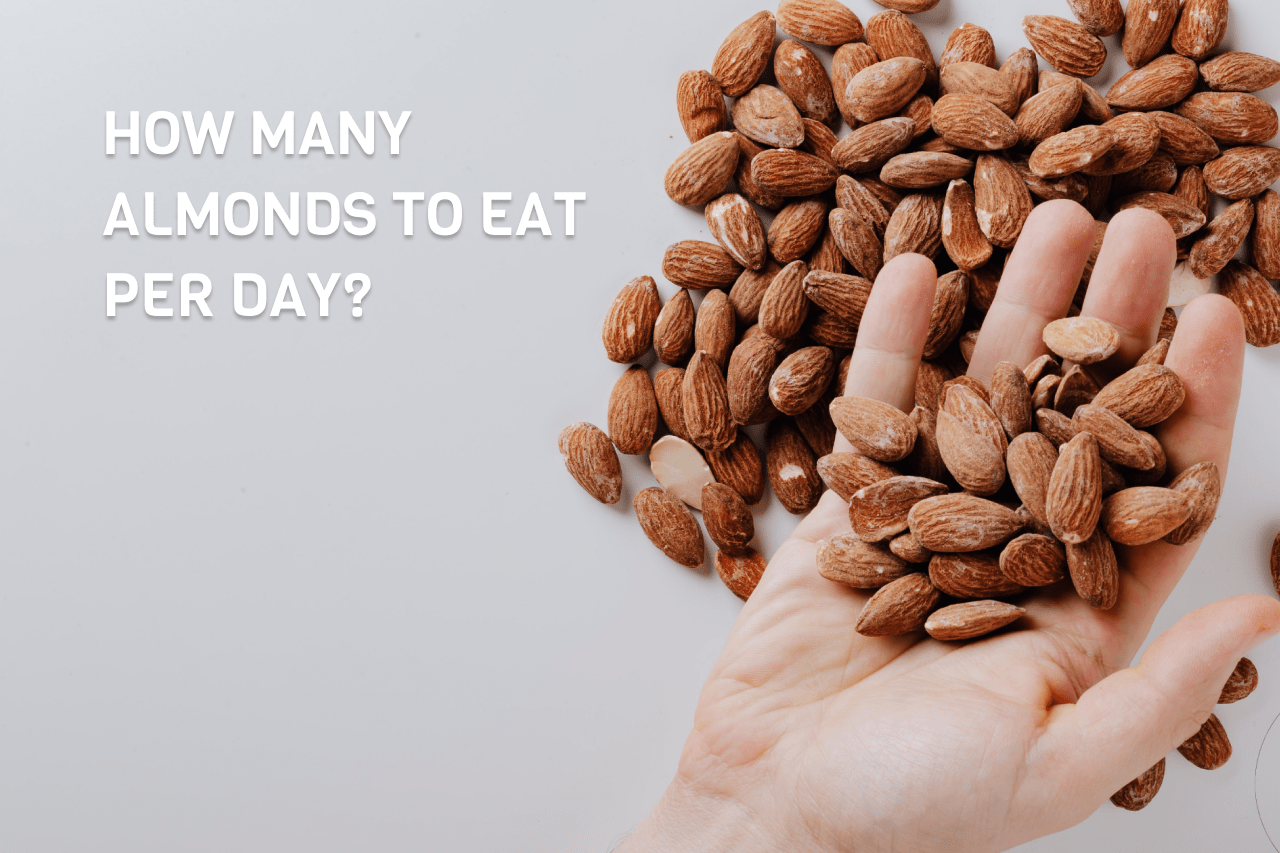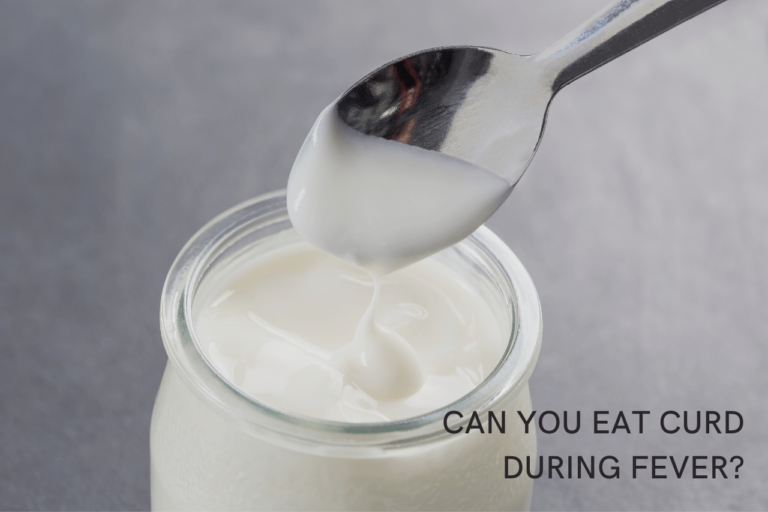If you have been paying attention to health and nutrition trends over the past few years, you have probably heard that almonds are one of the healthiest foods you can eat. They are a great source of protein, fiber, healthy fats, vitamins and minerals. However, the question that arises is how many almonds should you eat per day for optimum health benefits?
This is a question that nutrition experts have debated for years. Some say that you should eat a small handful of almonds per day, while others say you should eat 22-23 almonds per day.
But what’s the truth? How many almonds should you eat?
This question is not so simple to answer, as it depends on a variety of factors, such as season, age, health condition, and whether or not you are allergic to almonds.
In this blog post, I will break down everything you need to know about almonds, including their nutritional value, health benefits and how many almonds should you eat per day.
So, let’s start with the nutritional value.
The Nutritional value of almonds

The nutritional value of almonds is well-documented. They are a good source of fiber, protein, and calcium, among other nutrients. They also contain high levels of monounsaturated fats, the “good” kind of fat beneficial for your heart.
30 gram serving of almonds provide:
- Calories: 177
- Fat: 15.6 grams
- Carbohydrates: 6.2 grams
- Sodium: 147mg
- Potassium: 211mg
- Fiber: 3.2 grams
- Protein: 6.2 grams
- Sugar: 1.4 grams
- Calcium: 80mg
- Iron: 1.1mg
A handful of almonds or 30 grams contains 177 calories, 6.2 grams of protein, and 15.6 grams of fat, of which 64% is monosaturated, 25% is polyunsaturated, and the rest is saturated and 6.2 grams of fiber. They are also low in carbohydrates, making them a good choice for people following a low-carbohydrate diet.
What are the health benefits of almonds?
Almonds have a lot to offer in terms of nutrients, but what about their health benefits?
Here are some of the health benefits that almonds have:
Good source of healthy fats: Almonds are a good source of monounsaturated fatty acids, which can help reduce bad cholesterol levels and lower the risk of heart disease.
- Protein-rich: They are a good source of protein, which can help build muscle and promote weight loss.
- Promote healthy digestion: Almonds contain a good amount of fiber, which can help regulate digestion and prevent constipation.
- Good for brain health: Almonds are a good source of L-carnitine and riboflavin, beneficial for brain health. These nutrient helps improve learning and memory and prevent cognitive impairment. Additionally, almonds are a good source of monounsaturated fats, which have been shown to improve cognitive function in older adults.
- Packed with antioxidants: Almonds are a great source of antioxidants, which help protect the body from damage caused by harmful molecules called free radicals. Free radicals can damage cells, leading to diseases such as cancer. Antioxidants work by neutralizing these harmful molecules, preventing them from damaging cells.
- Good for diabetics: Almonds can help regulate blood sugar levels in people with diabetes. They are a low-glycemic food, which means that they don’t cause a spike in blood sugar levels when eaten. Also, almonds contain magnesium, which helps the body use glucose and insulin and improve blood sugar control.
- Nourishes your skin and hair: Almonds are a great source of Vitamin E, an essential nutrient for keeping your skin healthy. It helps to protect your skin from the sun’s UV rays and prevents signs of aging. Furthermore, nutrients like protein, magnesium and potassium help keep your scalp hydrated and avoid dandruff.
Despite being rich in many nutrients, it’s also important to know how many almonds you should eat per day to get all the health benefits. And this is what we are going to discuss in the next section.
How many almonds to eat per day?

As I stated at the beginning of this post, the amount of almonds one should consume is determined by a variety of factors. As a result, I’ve divided this section into several categories to make it easier to understand.
For average person
Many nutritionists recommend eating 23-24 almonds per day. However, not everyone can eat this amount of almonds.
Eating 23-24 almonds per day can be too high, and it’s not the optimum amount that everyone can eat.
For an average person(disease-free), eating 10-12 almonds a day is enough to get the optimum health benefits. That’s about 13 to 15 grams of almonds per day on average.
For weight loss
Almonds are one of the best foods for weight loss. They’re high in fiber, which keeps you satisfied for longer and keeps you from overeating.
However, almonds are high in fat and calories and eating too many of them may not favor your side.
If you’re trying to lose weight, limit yourself to no more than 7-8 almonds per day. It’s vital to remember that getting physically active and eating a good diet is necessary for weight loss.
For diabetics
There is no one diabetic diet, but they all focus on eating healthy foods that will help keep blood sugar levels under control.
Almonds are one of the foods that diabetic sufferers must consume. Research has shown that almonds can reduce the rise in glucose and insulin levels after meals.
In general, people with diabetes should eat more almonds than normal people, but they must also keep track of their overall calorie intake from other foods, as more almonds mean more calories.
As a result, it’s best to limit yourself to a small number of almonds every day. It is recommended that you consume no more than 6-7 almonds per day.
For hair growth and skin
Almonds are high in vitamin E, which studies have shown to help with hair loss, shine, and a healthy scalp.
If you are looking to improve your hair health, it’s better to opt for almond oil rather than eating almonds.
As eating almonds may show effect very slowly. You can use almond oil on your skin to treat dry skin conditions and hair growth.
If you want to eat, it’s a good idea to eat 10-12 almonds per day for healthy skin and hair.
For pregnancy
Almonds are a good source of Vitamin B9 or folate, an essential nutrient during pregnancy. It helps in the neurological development of the fetus and helps in the prevention of birth defects of the brain and spine called neural tube defects.
It is recommended that pregnant women include 8-10 almonds in their diet per day.
How Many Almonds To Eat Per Day In Summer?
Summer is a time for fun and relaxation, but it can also be a time for digestive problems. The heat and humidity put more load on your digestive system, making it slower and weaker.
Eating almonds generates a lot of heat in your body, and if consumed in excess, it can heavily hamper your digestion.
It is recommended to limit your consumption to 6-7 almonds during summer.
The right way to eat almonds
You can eat almonds in a variety of ways, including raw, salted, or a variety of sweet foods. However, eating soaked almonds is suggested for optimal health benefits.
Here are a few reasons why soaked almonds are better for you:
- Soaking removes the tannin present in almond skin, which prevents nutrients from being absorbed.
- Soaked almonds are easy to digest than raw almonds.
- Soaking almonds allows enzymes like lipase to be released, which increases your metabolism.
- Almonds that have been soaked are easier to chew and more flavorful than raw almonds.
Final words
There is no fixed quantity on how many almonds one can eat per day. It’s depends on the person’s health condition and season.
Some people might be fine with eating as few as 4-5 almonds, while others might require up to 20 to feel the optimum health benefits.
The important thing is to include almonds in your daily diet. No matter your health goals, eating almonds will definitely help you to reach them.
Found this information helpful? Don’t forget to share it.





